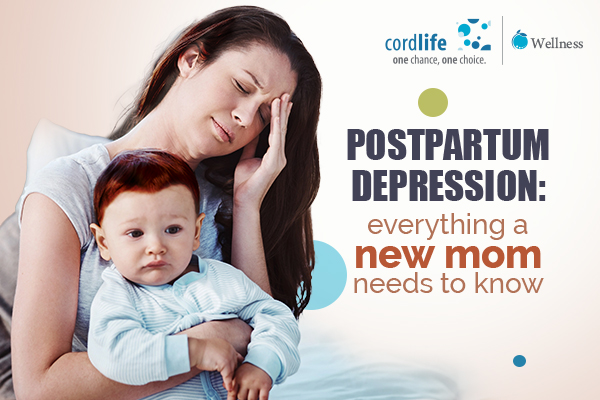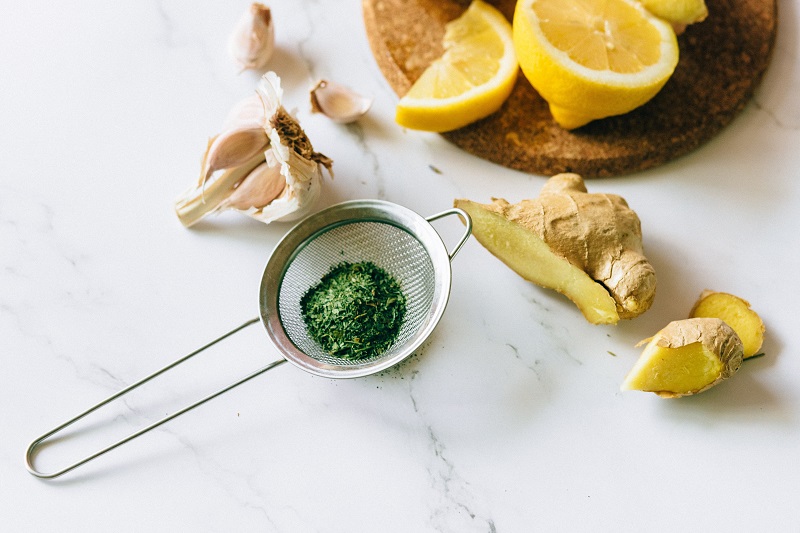Table of Contents
In the nine months’ long journey of your pregnancy, you’ve waited in baited anticipation to hold your little prince or princess in your arms. Undoubtedly, with your little one in your arms, you will feel extremely happy and cheerful. However, childbirth comes with its own set of challenges, and postpartum depression is one of them.
Read this informative article to you know everything a new mom needs to know about Postpartum Depression.
What Are The Signs Of Postpartum Depression?
Apart from the after-delivery bodily discomforts, you might feel sad, anxious, hopeless, empty, and extremely depressed. You might even feel disconnected from your newborn, at times.
What Are The Causes Of Such Mood Swings?
Due to a combination of factors, you might feel depressed after giving birth to your baby, and they are as follows:
Physical Issues
The estrogen and progesterone levels of hormones which help in bringing about the changes during pregnancy, drop sharply and suddenly after childbirth, triggering mood swings and tension in you. And these are almost similar to the menstrual period cycle during your pre-pregnancy days.
Emotional Issues
Yes! This is yet another very big factor behind depression postdelivery. This occurs especially if the pregnancy was not planned or there were doubts about your being pregnant. Alternately, if you haven’t been keeping well after you have given birth to your baby you might have to be hospitalized for a few days. And it’s quite natural for you to feel sad and angry.
How Long Does Postpartum Depression Last?
This condition might affect 1 in 10 new mothers. In fact, the signs of postpartum depression might appear within a few days or months of your baby’s delivery and can last anywhere between 2 weeks to a month or even a year.
According to studies, half of this depression goes undiagnosed as you might not want to talk about it with your family members or even your partner, out of embarrassment. Leaving this condition untreated is not the solution. As it might just worsen the situation. The severity of postpartum depression may bring about failure in breastfeeding, negative parenting practices, and marital discord. It might also result in postpartum psychosis.
What Are The Ways To Overcome Such a Mental Condition?
The earlier you receive the treatment; the faster and better you will recover. So, here’s how to deal with this kind of depression.
Natural Remedies
Limiting visitors to your house, taking enough rest, and including exercise and yoga in your postnatal regime are some of the natural remedies for it. Moreover, eating nutritious foods can give your body the much-needed nutrients to help avoid this mood disorder and anxiety. You can either discuss your food with the elder female members in your family or include a postnatal nutritionist for a postpartum nutrition plan. Also, choosing lean proteins, fruits, veggies, whole grains, healthy fats, vitamins, minerals and fiber, coupled with regular exercise not just keeps your body well-nourished; but also makes you feel positive and energized. (You can particularly include fish oil in your postpartum nutrition, to keep yourself mentally boosted).
Medication
Take your healthcare provider’s advice to know how to reduce postpartum depression, medically. Once your healthcare provider identifies the symptoms in you, he or she will recommend you with a combination of psychotherapy (cognitive-behavioral therapy (CBT), based on counseling sessions). Using antidepressant medication options also can keep your mood absolutely in control.
Feeling depressed after your baby’s birth doesn’t mean you’re a bad mom. Understand the causes mentioned above, follow the natural and medical remedies, go easy on yourself and shower your little one with ample of love.
Also, don’t forget to follow the blog page of Cordlife India to know more on pregnancy, postpartum, parenting, childbirth, baby care, and cord blood banking.


